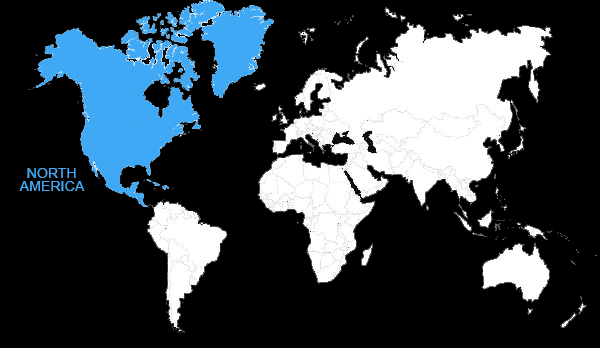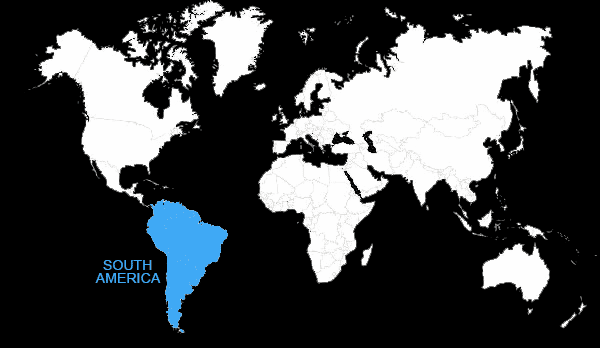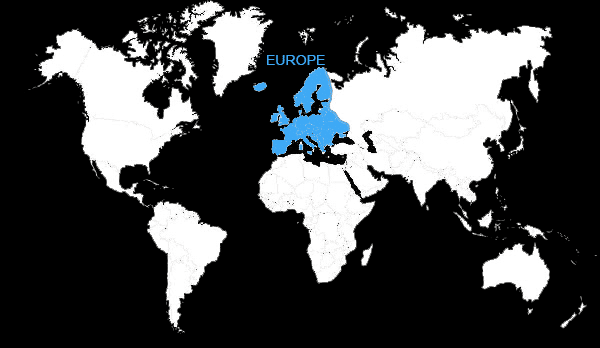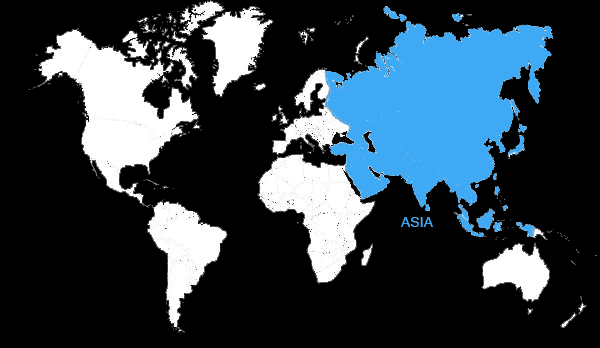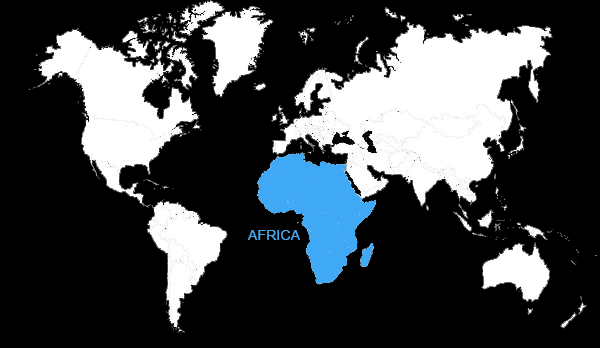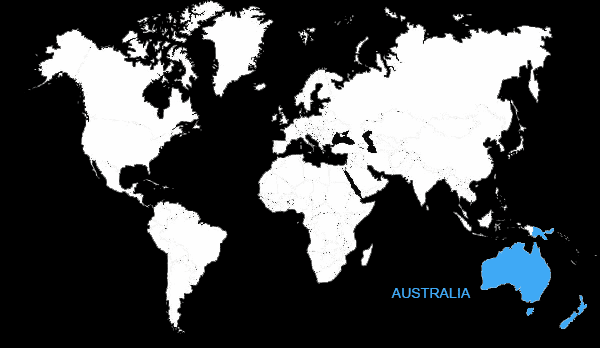Danubio FC Tryouts
Danubio Fútbol Club is a Uruguayan football club based in Jardines del Hipódromo, Montevideo that currently plays in the Uruguayan Primera División, the country’s highest level of professional club football.
Danubio FC Youth Development System
Surely being a club created by children allowed Danubio to give great importance to its formative divisions from the beginning. To that end, the different Boards of Directors have always been concerned with going to the best oriented associates and the most qualified technicians to attend to youth soccer.

Proof of this is that already in the early days of the neighborhood tournaments, it had a “Reserve” team and once affiliated with the AUF, in just six years it achieved the first Uruguayan “Third Special” championship, divisional. created precisely at the initiative of the Danubian leaders.
Since then, it can be said that Danubio has become a permanent host of all youth tournaments, holding an impressive number of titles, more than a hundred, achieving several of them, as undefeated, others as “first champion” , without forgetting those conquered at the “national” level.

The undeniable potential of Danubian youth football has transcended beyond borders, which has earned it invitations from other countries -even European- to participate in international tournaments, in which it has always raised the prestige of Uruguayan youth football, reaching in some the title of Champion.
As for the different “light blue” youth teams, the Danubian contribution is always essential for the formation of the squads, by way of example, it is enough to state that in 1997 in the Sub 20 team, which achieved the world vice championship in Malaysia, there were 8 fringed footballers.
Without fear of being mistaken, it can be assured that Danubio is the quintessential “hotbed” of Uruguayan soccer, since the most outstanding players in the country have emerged from its youth divisions. But not only in the Uruguayan environment is he recognized as the main producer of talent, but even foreign clubs have visited us to try to discover what “our formula” is.
The only secret is the attention that the club pays to the youngster in his formative stage. Thus, the most outstanding professionals attend to the diverse needs of soccer players: doctors, psychologists, social workers, as well as the best technical directors and physical trainers for the sports aspect. In addition, when necessary, they are supported with food and housing. For Danubio, this means an investment and also a contribution to society.

It should also be noted that a significant number of soccer players have been lucky enough to ratify their excellent virtues abroad, being a letter of introduction for our club and for Uruguayan soccer. Suffice it to say that since the 1950s, more than 40 footballers who emerged from our training have ended up in European football and more than fifty did so in the different Latin American markets. Mentioning all the footballers who emerged in the Danube is practically impossible Therefore, we will only mention a few.
One of the most relevant examples is Ruben Sosa, an extraordinary forward, who remained in elite football in Europe for no less than 12 years. His European career began, in the mid-eighties, at Zaragoza, and later, he defended Lazio and Internazionale. After serving several seasons in the “calcium” (he scored 85 goals) he ended up at Borussia Dortmund; he ended his European journey in Logroñes in Spain.
But Sosa was not the first to arrive on the old continent, several decades before, players of the stature of Carlos Correa, in his time cataloged as the best defender in America, played in Spain. Another center back, Juan Ascery, shone for years in French football. While, Jorge Caraballo, a talented “10”, landed at the beginning of the eighties in Pisa in Italy.

They also performed in European football: Alvaro Recoba, an exquisite footballer who stood out for years at Inter Milan and in Greek football; Ernesto Chevantón, who became Lecce’s historic scorer, also played for Seville and Monaco; Fabián Carini, Juventus, Standard de Liège and Internazionale; Marcelo Zalayeta, Juventus, Napoli and Bologna; Diego Forlán, twice the top scorer, played for Atlético de Madrid, Villareal and Manchester United; Horacio Peralta with passages in Cagliari and Albacete. Diego Perrone, played in Catania and in Swiss football. Richard Nuñez, who excelled at Grasshoppers, also played for Atlético de Madrid; Nery Castillo in Olimpiakos and in Russian football.
Currently playing: Edison Cavani, at PSG, before at Palermo and Napoli. Walter Gargano, Napoli; Cristian Stuani, Espanyol de Barcelona, after playing in Reggina, Albacete and Racing de Santander; Ruben Olivera, Brescia, formerly Juventus; Gary Kagelmacher, 1860 München, José María Giménez at Atlético de Madrid and Emiliano Velázquez, Getafe.
Logically, our soccer players have also aroused the interest of the different American markets, such as the Argentine, a great buyer of Danubian talent.
In the sixties, Tomás Rolan, Champion of the Libertadores with Independiente, where Manuel Keosseián and EberMoas also played. Luis Malvárez had a successful career, defending Estudiantes, San Lorenzo and Argentinos Jrs. One of the most outstanding of all times was Ruben “Polillita” Da Silva, several times champion and author of more than 80 goals, between RiverPlate, Boca Jrs and Rosario Central. Pablo Lima, Velez Sarsfield; Jadson Viera, Lanus; Juan Manuel Salgueiro, Estudiantes team with which he became champion of America and Adrián Gunino signed by Boca Juniors, today in Córdoba, Spain.

To Brazil, many years ago, came, among others: Raúl Bentancor, Héctor Silva and Carlos Cabrera. In Colombia, even today they remember the successful careers of: Julio Comesaña, Lorenzo Carrabs, Sergio Santín and Ricardo Viera. Guillermo Rodríguez was transferred to Aztec football, but before they were: Alberto Cardaccio, Nery Castillo (father) and defender Nelson Alaguich.
It was demonstrated… goalkeepers, defenders, midfielders, forwards, they have reached the different soccer markets of the world, which proves that Danubio is recognized everywhere as a great talent producer.
In addition, with more than 130 titles won, La Franja is one of the most successful teams in our football.
Finally, it should be known that in our environment Danubio Fútbol Club is known as “The University of Football”, due to its historical training vocation.
Youth Sports Complex “Ing. Héctor Del Campo”
The Complex currently has four fields, where the youths play and train, and sometimes baby soccer.
One of the courts has a modern underground irrigation system and the floor of the four fields is kept in very good condition.

The footballers also have a modern apparatus room called “Alvaro Recoba” in tribute to their collaboration with the youth categories. It also has comfortable changing rooms, a room for the health department and a house for the landlord.
This pioneering work in Uruguayan football and which marked the way forward for the rest of the clubs in our country, transcended and was considered by specialists on the subject as “The great work of Uruguayan football”.
From this project transformed into reality, the footballers of the Danubian youth divisions have the ideal space to develop as athletes and as men.
In the Complex, Danubio set up the laboratory that transforms him into the most exquisite trainer of talents in Uruguayan and South American soccer.
Youth System
Danubio FC has six teams in their youth system ranging from their third division team, down to their seventh division team.
- Third division
- Fourth Division (U19)
- Fifth Division (U17)
- U16
- Sixth Division (U15)
- Seventh Division (U14)
Danubio FC Recruitment Trials
At the time of this writing, there is no official publishing’s on Danubio FC trials. Please come back at a later date while we monitor this club or click here to visit their official academy news section.
EXPLORE MORE CLUBS!
Explore more professional clubs by continent.
Danubio FC History
On March 1, 1932, the brothers Mihail (Miguel) and Ivan (Juan) Lazaroff, who were born in Bulgaria, along with a group of other young people who attended the “Republica de Nicaragua” school in Montevideo, established Danubio. The word “Danube” is incorporated into the name of the organization because it is Europe’s second-longest river.
It was Mihail and Ivan’s mother, Maria Mincheff de Lazaroff, who initially suggested the idea. Initially, she proposed that the club be given the name Maritsa, which is the name of a different river in Bulgaria. However, the suggestion did not receive approval since it was thought that the name was too feminine.

Rubén da Silva, a member of Danubio’s brilliant youthful team that won its maiden league championship in 1988, led the league in scoring that year with 23 goals and was the top scorer overall for the league. Because to this victory, the club was able to compete in the Copa Libertadores for the first time in 1989. In that competition, they advanced all the way to the semifinals, which was their best performance to date in a continental tournament. Their competition began in Group 5, where they recorded a record of three victories and three loses to finish in second place.
After advancing against another Uruguayan powerhouse, Nacional, by a score of 3–1 on aggregate in the round of 16, the club went on to go past a Chilean club, Cobreloa, by a score of 4–1 on aggregate in the quarterfinals. In the semi-finals, they competed against the Colombian club Atletico Nacional; the first leg, which took place in Montevideo, ended in a scoreless tie; however, Atletico Nacional went on to win the second leg by a score of 6–0, knocking Danubio out of the competition.
In 2004, Danubio defeated Nacional and won their second league championship thanks to a backheel goal scored by Diego Perrone in the final minute of play. Despite the fact that they were defeated 4–1 in the first leg of the competition, Danubio won the championship by finishing first in both the Clausura and the Annual table. After defeating Pearol 4–1 in December 2006, the team was able to claim their third league championship, which came in the form of the Apertura in 2006. Danubio entered the last day of competition with 31 points, which put them in second place behind Pearol, who had 32 points. This meant that Danubio needed to win the match in order to ensure that they would win the league title, whereas Pearol simply required a draw in order to win the title. Pearol scored first, but Danubio turned the score around and secured the top place in the league table with the final goal scored by a very young Edinson Cavani. Pearol scored first, but Danubio turned the score around and secured the top position.
After a 1–1 stalemate at the end of extra time in the next year’s Clausura competition, the club once again prevailed over Pearol on penalties to win the championship. With this victory, Danubio became the first club to do so since Nacional in the 1998 season, when they were the first to win both the Apertura and Clausura competitions. In the 2013–14 season, Danubio won their fourth Uruguayan league title by defeating Montevideo Wanderers on penalties following extra time in the second leg of the final that finished 2–2 with a bicycle kick equalizer scored by Camilo Mayada in the final minute of regulation. This victory gave Danubio their fourth consecutive Uruguayan league title.
Danubio FC Stadium
In Montevideo, Uruguay, the Jardines del Hipódromo is a multi-use stadium that is currently used primarily for football matches and is the home stadium of the Danubio F.C. football team, which competes in the Uruguayan Primera División. There is space for 18,000 people at the stadium.

In 2017, the stadium’s name was changed to Jardines del Hipódromo “Mara Mincheff de Lazaroff” in honor of Maria Mincheff de Lazaroff, who was the mother of Miguel and Juan Lazaroff, the founders of the club (of Bulgarian descent).


